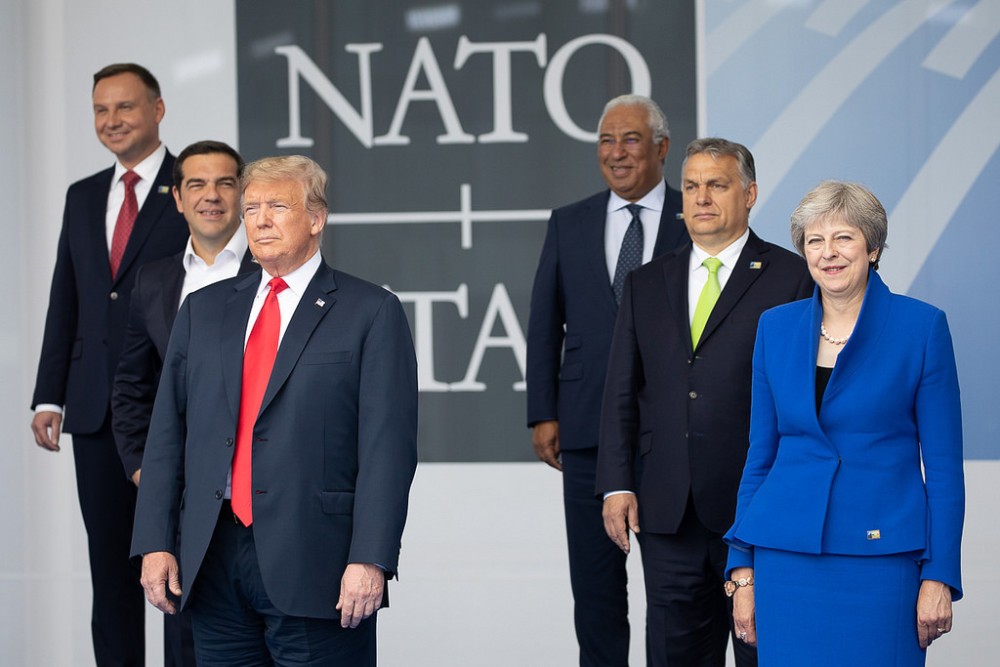Our transnational institutions are flawed—and necessary
Global cooperation is important.

As he insults U.S. allies and undermines long-standing alliances, President Trump displays not only his natural love of disruption but a reductive, self-defeating view of international relations. He seems to regard his relationship with every country (except Russia) as a competition in which the United States must somehow dominate. He can’t recognize that structures of cooperation—whether the North Atlantic Treaty Organization, the United Nations, the G7, or regional trade agreements—are, at their best, enlightened forms of national self-interest. The concept of shared investment for the sake of mutual benefit eludes him.
The theologian Reinhold Niebuhr never tired of reminding idealistic Christians not to expect nations or other collective entities to be altruistic; they will always pursue their self-interest. But he was equally adamant that groups can be wise or ignorant about the scope of their self-interest. In an interdependent world, a nation’s well-being is tied to that of people in distant parts of the world. Cooperating with other nations on shared goals is simply an expression of moral realism. Niebuhr thought it could also be a rough worldly approximation of loving one’s neighbor.
It was this insight that led Western democracies after World War II to create international organizations to help guarantee security, promote economic stability, and defend political liberties. Niebuhr and other mainline Protestant leaders were important champions of that project. In 1942, while the war was still raging, a meeting of church leaders was convened by the Federal Council of Churches to outline terms of a “just and durable peace.” At the heart of their recommendations was a call for the United States to take the lead in creating transnational agencies that could foster economic equality and advance political freedom. The editors of the Century regarded these proposals as so important that they printed the official text and offered an accompanying study guide.




